The recent tragedy of fish deaths below Menindee Lake in NSW made headlines across the nation.
Up to one million fish were found dead along a 40-kilometre stretch of the Darling River, in Menindee, NSW, near Broken Hill. Native species such as the bony bream, Murray cod and perch, are among the affected fish.
A similar incident occurred in the same area less than a month ago. bringing the agricultural industry, particularly cotton farmers, under fire.
This week, AustralianFarmers took a look behind the tragedy to answer the big question: why did the fish die?
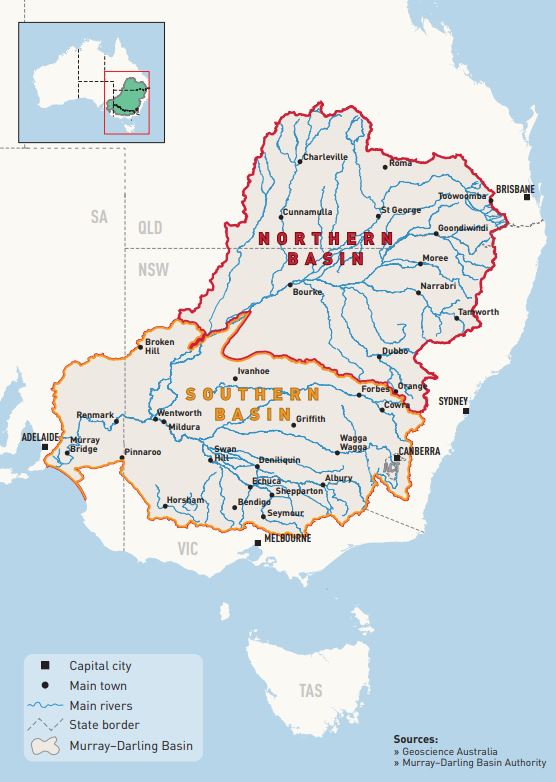
Are fish deaths a natural occurrence in the Australian landscape?
Yes. Sadly, fish deaths are a natural occurrence in the Australian landscape, especially in summer and during drought where it is hot and dry.
Fish deaths occurred prior to irrigation development. The Murray-Darling Basin Plan (the Plan) provides a mechanism by which to manage outcomes for all Basin stakeholders – the environment, farmers and communities. Managing these outcomes can be challenging, made even more so, when there is deficient rainfall.
Is the drought to blame?
To a large extent, yes. There has been record low rainfall north of the Menindee Lakes which means very little inflow. Coupled with high temperatures, this provided the terrible ‘perfect storm’ for the fish deaths to occur.
It is not only our waterways that are suffering, but farmers, livestock and land-based native flora and fauna.
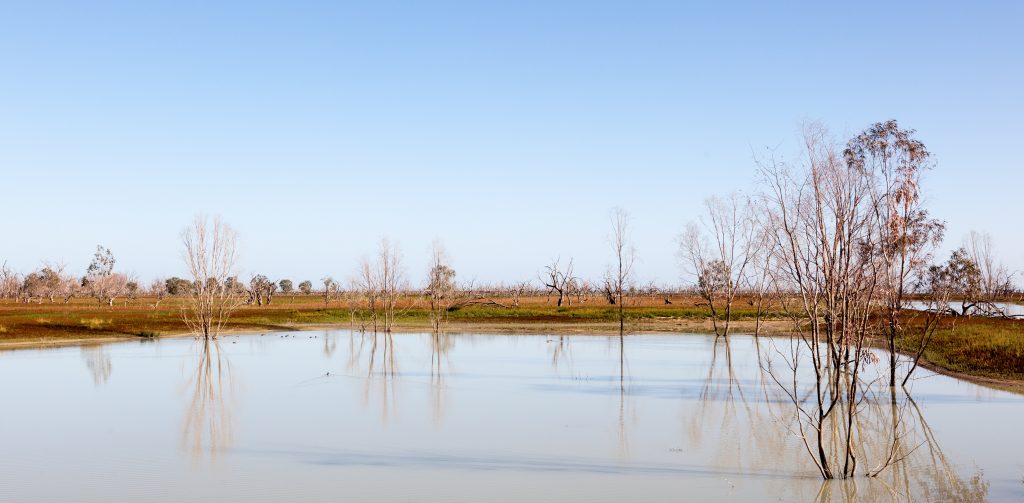
Where did the water in the Menindee go?
The large majority of water in the Menindee was used to deliver environmental outcomes downstream.
In 2016-2017, water was delivered into the Lower Darling to benefit local native fish populations in the Lower Darling which was already in poor health due to drought. This led to one of the biggest Murray Cod spawning events in the past 20 years.
In 2017, more water was released to benefit native fish stranded in Lake Cowandilla to move to other parts of the river system. The water also helped improve water quality downstream and native fish health and habitat throughout the Great Darling Anabranch. Other water was used to meet environmental requirements at the Lower Lakes in South Australia.
There has been little to no water upstream of Menindee. If the water had not been used, much of it would have evaporated from the Menindee Lakes.
The deaths could have been prevented if water upstream was not used to grow cotton?
False. This is not how the water market operates. Farmers buy or lease water licences or entitlements, and are allocated water by state governments, after prioritising water for stock and domestic users.
This is also true for environmental water. If the water was not used for cotton, it would have been used to grow something else. During a drought, water allocated to farmers significantly drops and if there is not water available, then no crop can be grown.
In the past 18 months, there has been no water allocation above Menindee and therefore no cotton (or any other irrigated crops).
Opinion: The recent tragedy of fish deaths below Menindee Lakes is a terrible outcome of what looks like a perfect storm of events https://t.co/LFszWOP3P9 pic.twitter.com/UbpcLHfgEm
— ABC News (@abcnews) January 15, 2019
Is the river suffering from too much water extraction?
The Plan was established to deal with historical over extraction of water, rather than recent extraction in the Menindee Lakes. It is a complex plan that seeks to rebalance the system for communities, farmers and the environment. It is a difficult task.
The Plan was designed to provide a framework to best manage water in the Basin. It is not perfect and we are only half way through its implementation.
To date, about 2100 gigalitres (GL) per year has been recovered from irrigators for the environment and there will be more. The Commonwealth Environmental Water Holder, state government water resource managers, river operators and other landowners collaboratively manage when and how environmental water is used.
In July 2018, 23 GL of environmental water was delivered to the Darling River which travelled to Menindee, reconnected parts of the river and flushed out blue green algae from the system.
For more information read:
Fish kill blame game unhelpful, amid perfect storm of problems


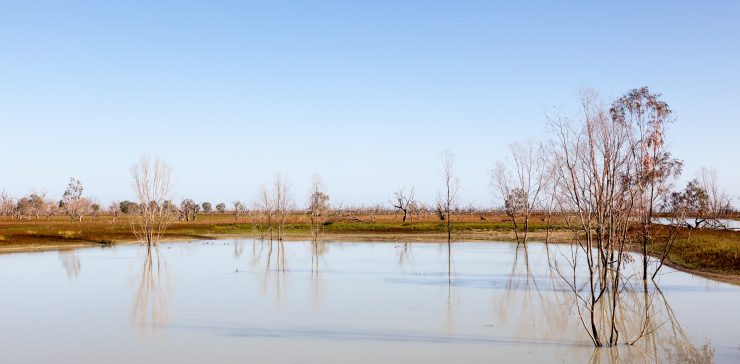


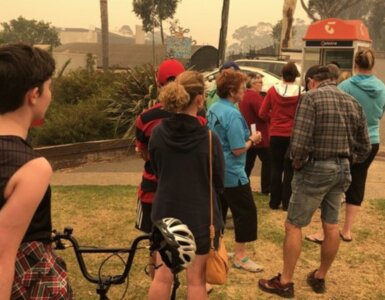
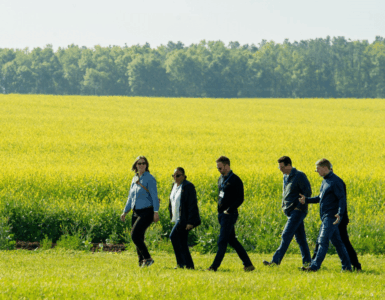
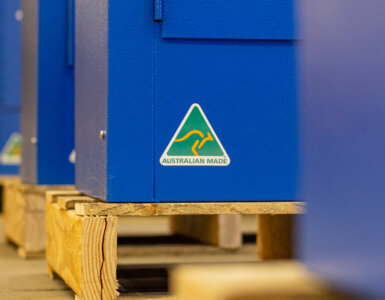































Add comment